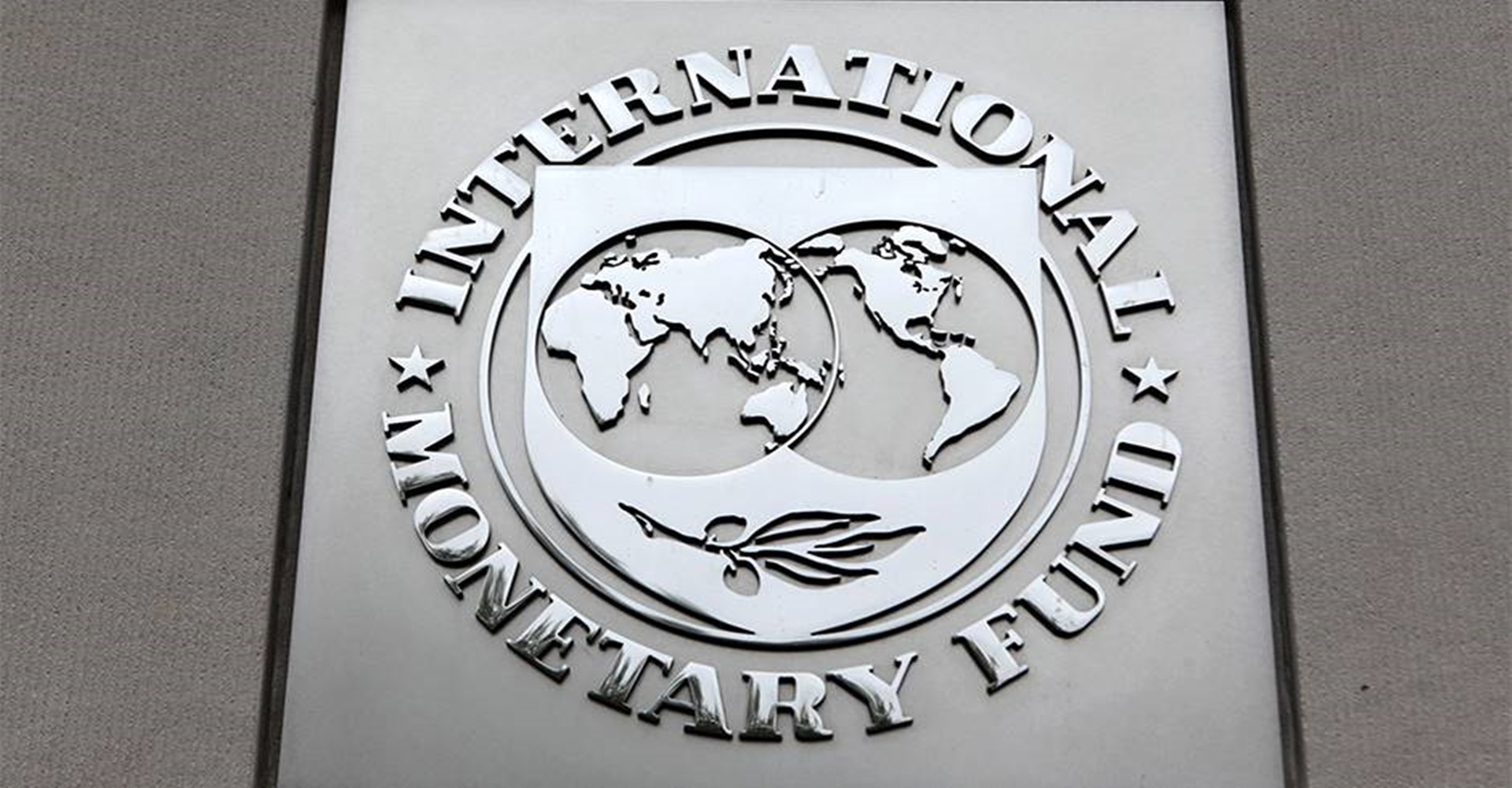Convergence of Croatia’s economy with the EU needs to accelerate, the country’s hard-won fiscal gains are fragile and should be carefully preserved, the International Monetary Fund (IMF) said in its latest report on Croatia.
The IMF issued a comprehensive country report on Croatia and a press release Wednesday. In it, the IMF said that Croatia had experienced its fifth consecutive year of solid economic growth, once again driven largely by private spending and tourism.
Croatia’s economic growth is expected to moderate in the coming years, with levels of both public and external debt likely to continue falling.
“The pace of fiscal consolidation in 2019 continued to slow, with the budget estimated to be close to balance. Recently agreed wage increases in the public sector are expected to increase current spending in 2020. Even though revenues will remain buoyed by economic activity, the budget balance is expected to turn into a small deficit in 2020, in part due to additional tax cuts,” the IMF said in a press release.
The IMF said that although Croatia’s economy continues to performed well, its convergence with that of the rest of the EU needs to accelerate.
“Croatian economy has become stronger over the last five years. This is significantly because of strong budget management and skillful policies by the central bank. As a result, public debt has fallen along with interest rates, creating room for a robust consumption-led private sector expansion,” the IMF said.
The IMF warned of large-scale emigration and stagnation in terms of catching up with EU average income per capita levels.
“Yet, Croatia has barely reduced its distance with the EU average in terms of income per capita in the last decade, and emigration of the young continues to pose challenges,” the IMF said.
The IMF also said they support the decision to postpone an announced cut of the 25 percent VAT rate – among the highest in Europe – as fiscal performance has recently become burdened by a number of spending demands.
The IMF also said that a more dynamic government is vital for the nation’s future economic prospects.
“Better absorption of EU funds could ease this shift in priorities but cannot substitute for deeper reforms to the cost structure of public administration, pensions and healthcare systems, and the fiscal and territorial relationships between different levels of government,” the IMF said.
hr.n1info.com / balkantimes.press
Napomena o autorskim pravima: Dozvoljeno preuzimanje sadržaja isključivo uz navođenje linka prema stranici našeg portala sa koje je sadržaj preuzet. Stavovi izraženi u ovom tekstu autorovi su i ne odražavaju nužno uredničku politiku The Balkantimes Press.
Copyright Notice: It is allowed to download the content only by providing a link to the page of our portal from which the content was downloaded. The views expressed in this text are those of the authors and do not necessarily reflect the editorial policies of The Balkantimes Press.

